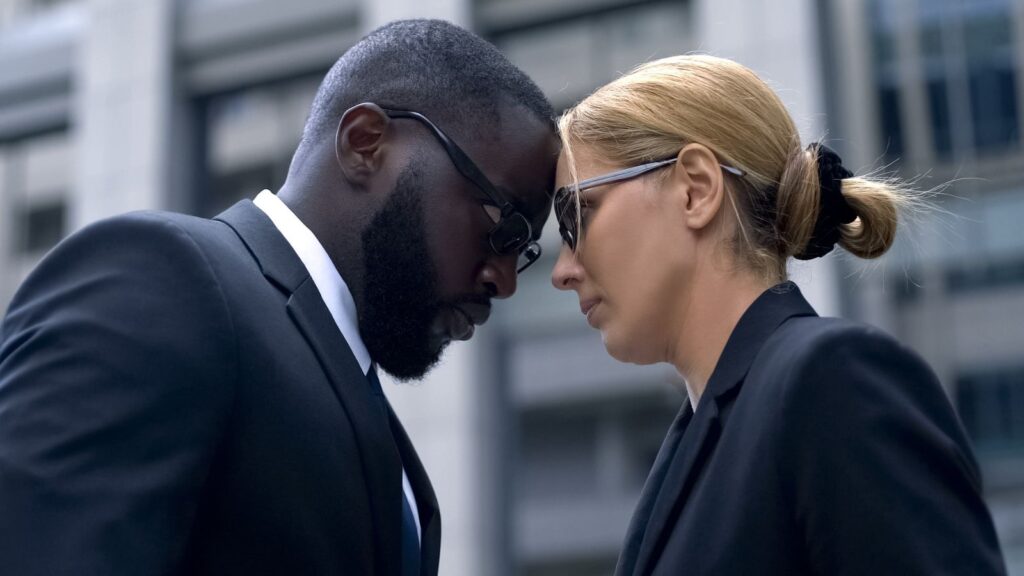Black history is an integral part of American history, and despite more recent popular movements like Black Lives Matter, many general populations still fail to consider how historical events have impacted current and future generations. Black history is vastly overlooked for several reasons. Here are 18 unnerving truths about why many white Americans are still turning their backs on black history.
Inadequate Education
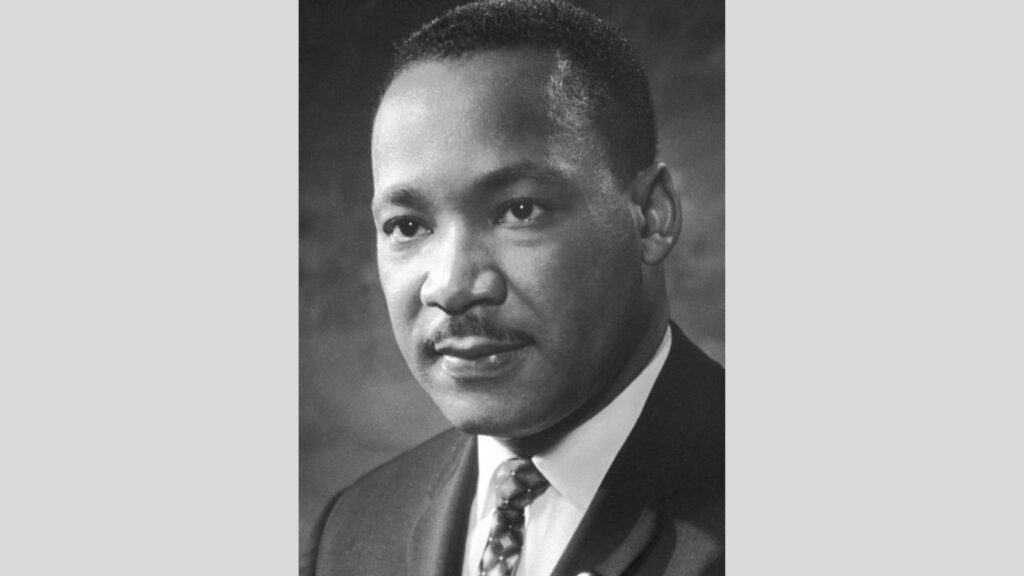
Black history is taught in school curriculums, but more often than not, it is a superficial exploration. Many students only learn about a few figures like Martin Luther King Jr. and Rosa Parks, which overlooks many of the rich and diverse contributions of black Americans.
Textbook Bias

Textbooks can occasionally gloss over or misrepresent black history, focusing more on national politics than historical events. This bias results in an incomplete understanding of the historical impact and achievements of black individuals and communities.
Cultural Myopia

Cultural myopia, or the tendency to view history through a narrow lens, leads many to overlook the importance of black history. It also causes white populations to discriminate against those who differ from themselves. There needs to be an expansion of cultural knowledge that can help correct this oversight.
Historical Whitewashing

The practice of whitewashing involves downplaying or ignoring the contributions of black individuals in history. Movies and TV shows have done little to negate this issue, with many poor or false representations prevalent in popular entertainment. This deletion makes it difficult for many to appreciate the full scope of American history.
Resistance to Change

Some people resist changing established narratives because it challenges their worldview. This is nothing new and has occurred across numerous aspects of life for decades. Accepting black history as a crucial part of American history requires a willingness to acknowledge and confront uncomfortable truths.
Political Agendas

Political agendas can influence how history is taught and perceived. Certain groups and even leaders may downplay black history to maintain a particular narrative that supports their interests. Sadly, these public figures have tremendous power and influence over populations and can further contribute to existing issues.
Media Representation
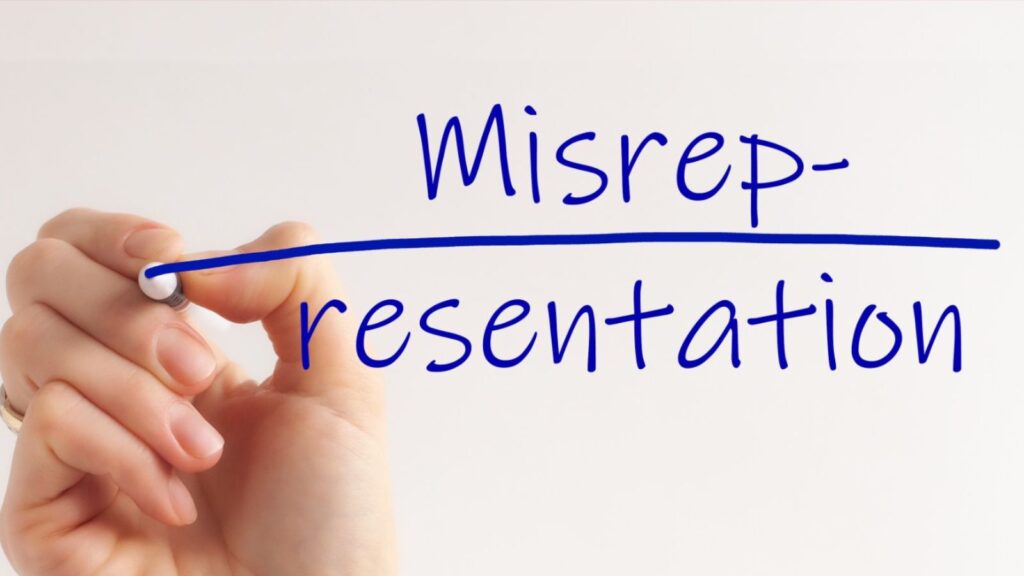
Media often underrepresents or misrepresents black history. Popular culture can play a significant role in shaping perceptions, so when the media fails to highlight black achievements, it simply contributes to ignorance and confirms any existing biases. We are always holding out for fairer media representations.
Economic Disparities

There remains a racial wealth gap, and such economic disparities can limit access to resources that provide a comprehensive education in black history. The roots of these disparities are deeply historical and reach into periods of slavery. Investing in education systems that outline these inequalities is essential to making changes as we move forward.
Segregation of Information

Many people live in echo chambers where they are not exposed to diverse perspectives. Sadly, social media is capable of consolidating believed narratives, which simply perpetuates a lack of understanding of Black history.
Myth of the Post-Racial Society
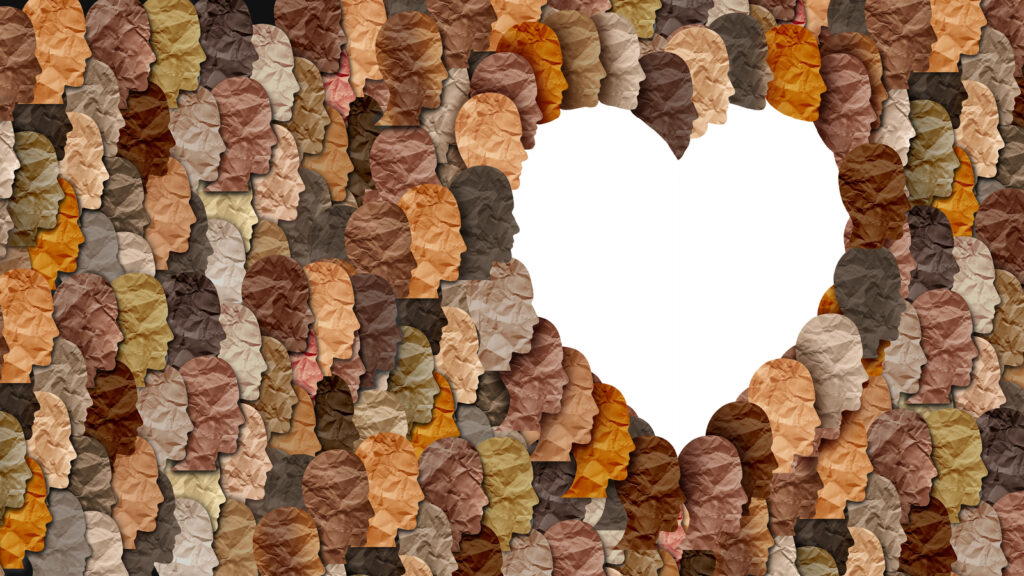
Some believe we live in a post-racial society where racial issues are a thing of the past. There’s no doubt that society and culture are making new waves in expanding education, but there’s still a way to go in understanding the modern lived experiences of black people. This myth undermines the ongoing relevance and importance of learning about black history.
Fear of Confrontation
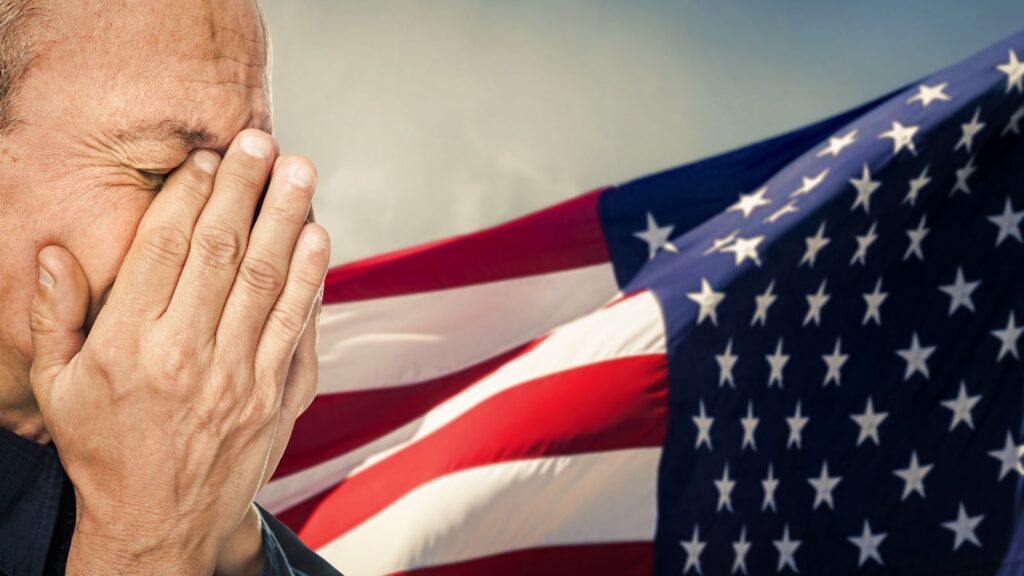
Discussing black history sometimes involves confronting uncomfortable and painful aspects of America’s past. Fear of these confrontations can lead to avoidance or ignorance.
Institutional Racism

Institutional racism highlights cultural divides in education and representation. We’re seeing an increase in public addresses that speak up about institutional racism, but we’re not yet experiencing sufficient changes. Addressing these systemic issues is crucial for giving black history its rightful place in American society.
Stereotypes and Misconceptions

Stereotypes and misconceptions about black people can distort perceptions of their historical contributions. Racist attitudes skew historical beliefs, which creates a vicious cycle. Educating ourselves and others can help undo these harmful views.
Lack of Role Models
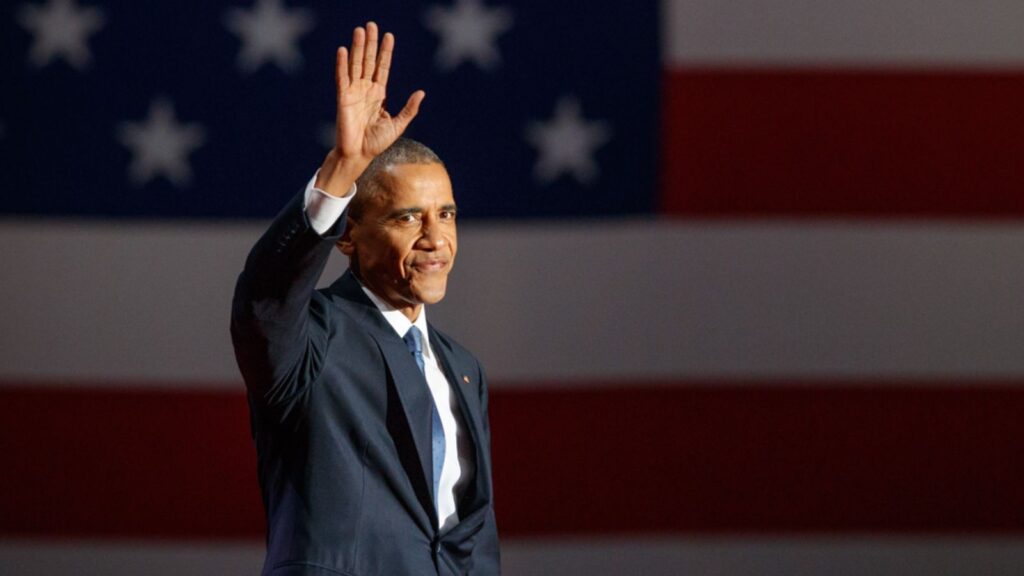
Without visible role models from black history, it’s challenging for individuals to connect with and value these historical narratives. The inauguration of Barack Obama gave many black populations reasons to hope for new change, but the rise of newer, less inclusive leaders has more or less dismantled any positive change. Diverse popular figures can inspire broader interest and respect due to the public platform available to them.
Selective Memory
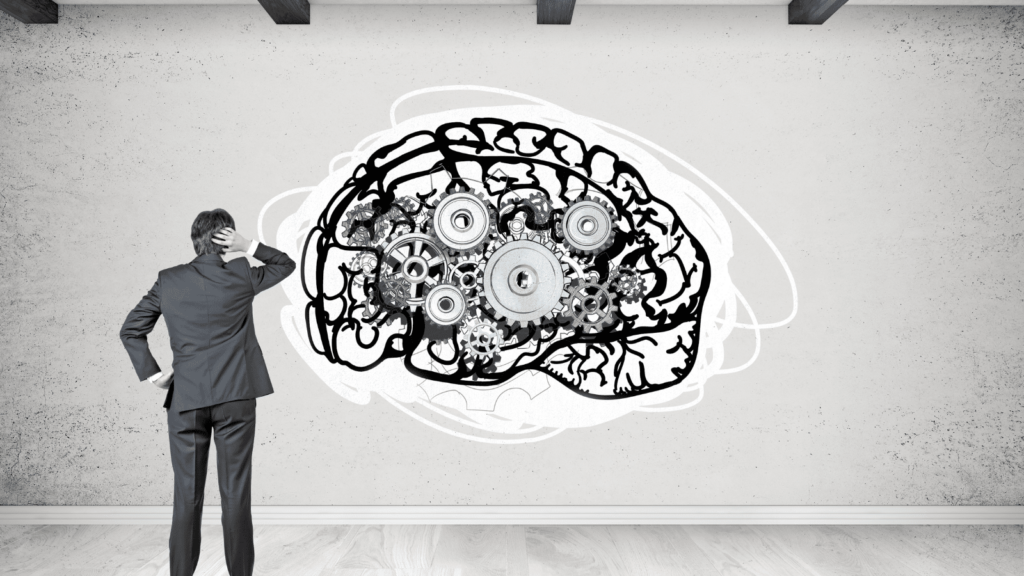
Selective memory allows people to remember history in a way that suits their narrative. This selective recollection often excludes significant events and contributions from black history while fitting their own religious or cultural agendas.
Commercial Interests
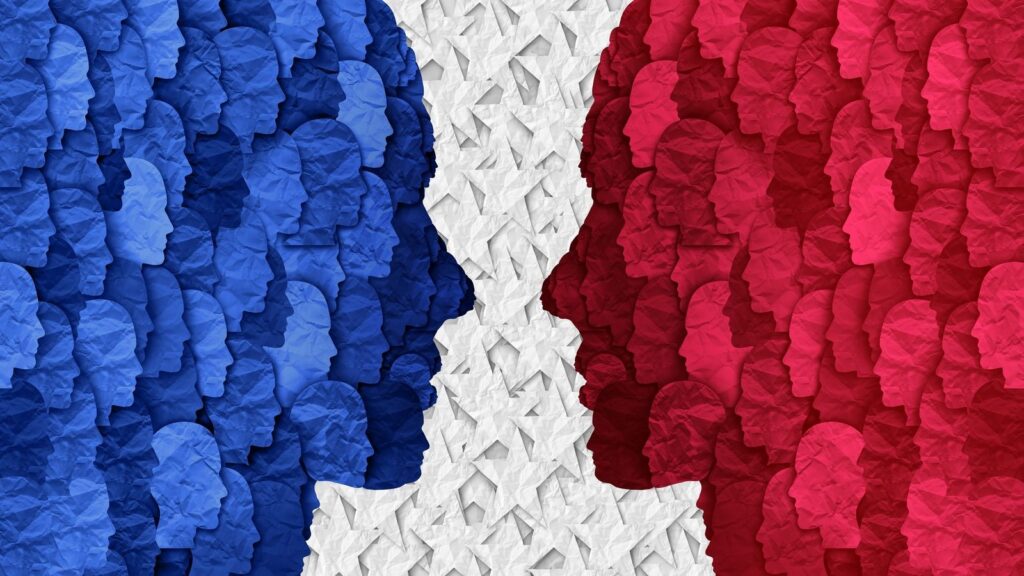
Commercial interests sometimes prioritize marketable aspects of history, which can sideline less profitable stories, including those from black history. National and international politics often take center stage, which vastly overlooks racial divides and historical appreciation. Sadly, it’s always about the most profitable story.
Lack of Personal Connection

Some may feel disconnected from black history if they don’t see how it relates to their personal experiences. Multi-ethnic families or friendship circles are more adept at seeing the effects of negative racial experiences, which makes them better able to contribute to a solution.
Misguided Patriotism

A narrow view of patriotism can lead some to believe that acknowledging historical injustices against Black people is unpatriotic. It can tarnish their chosen understanding and taint the picture they hold in their minds. True patriotism involves recognizing and learning from all aspects of history.
19 Grim Realities of Dating After 50 That Are Often Overlooked

19 Grim Realities of Dating After 50 That Are Often Overlooked
26 Things That Will Be Extinct Because Millennials Refuse to Buy Them

26 Things That Will Be Extinct Because Millennials Refuse to Buy Them
24 Outdated Slang Terms You Absolutely Shouldn’t Be Using Anymore

24 Outdated Slang Terms You Absolutely Shouldn’t Be Using Anymore
25 Hardest Parts About Getting Older That No One Ever Talks About

25 Hardest Parts About Getting Older That No One Ever Talks About

